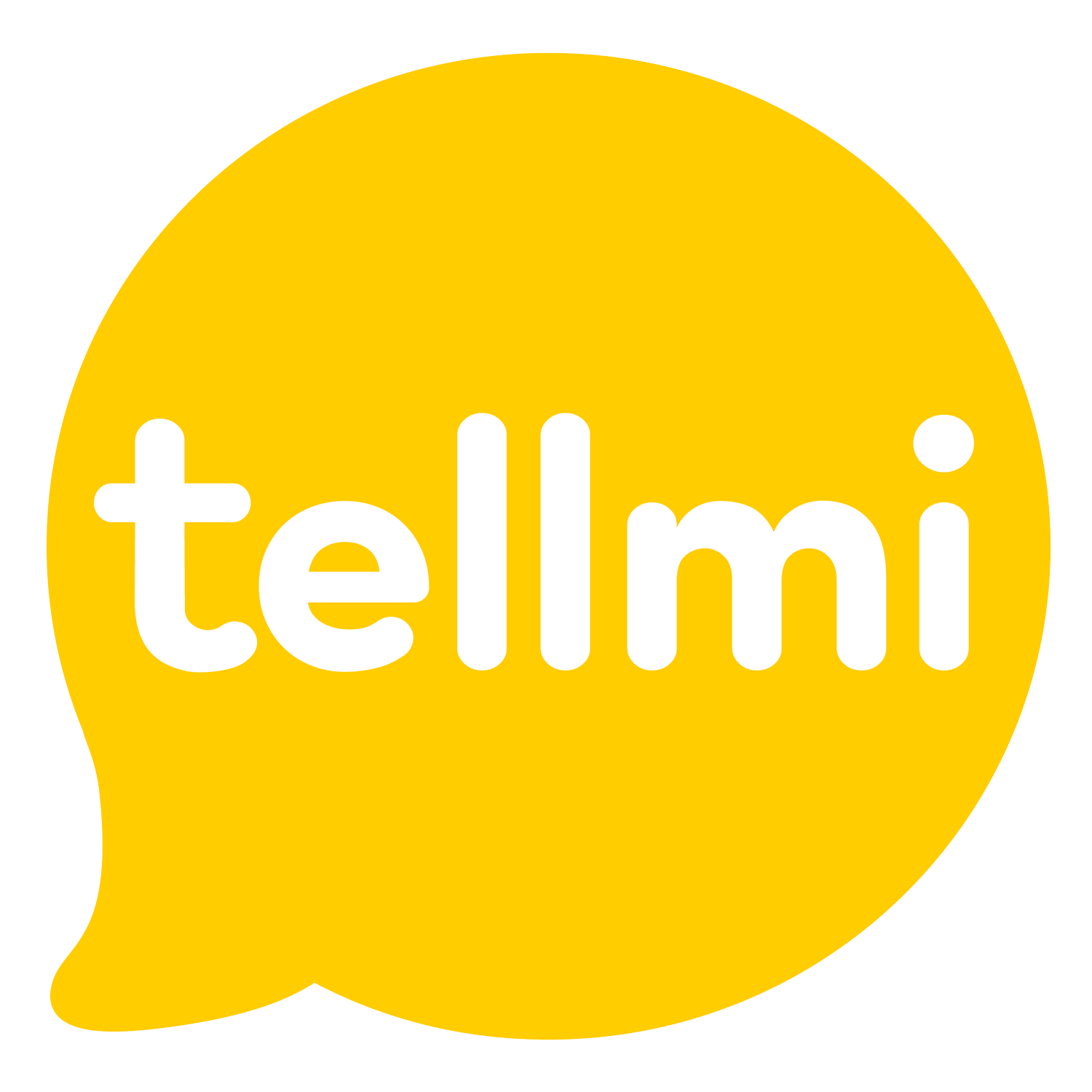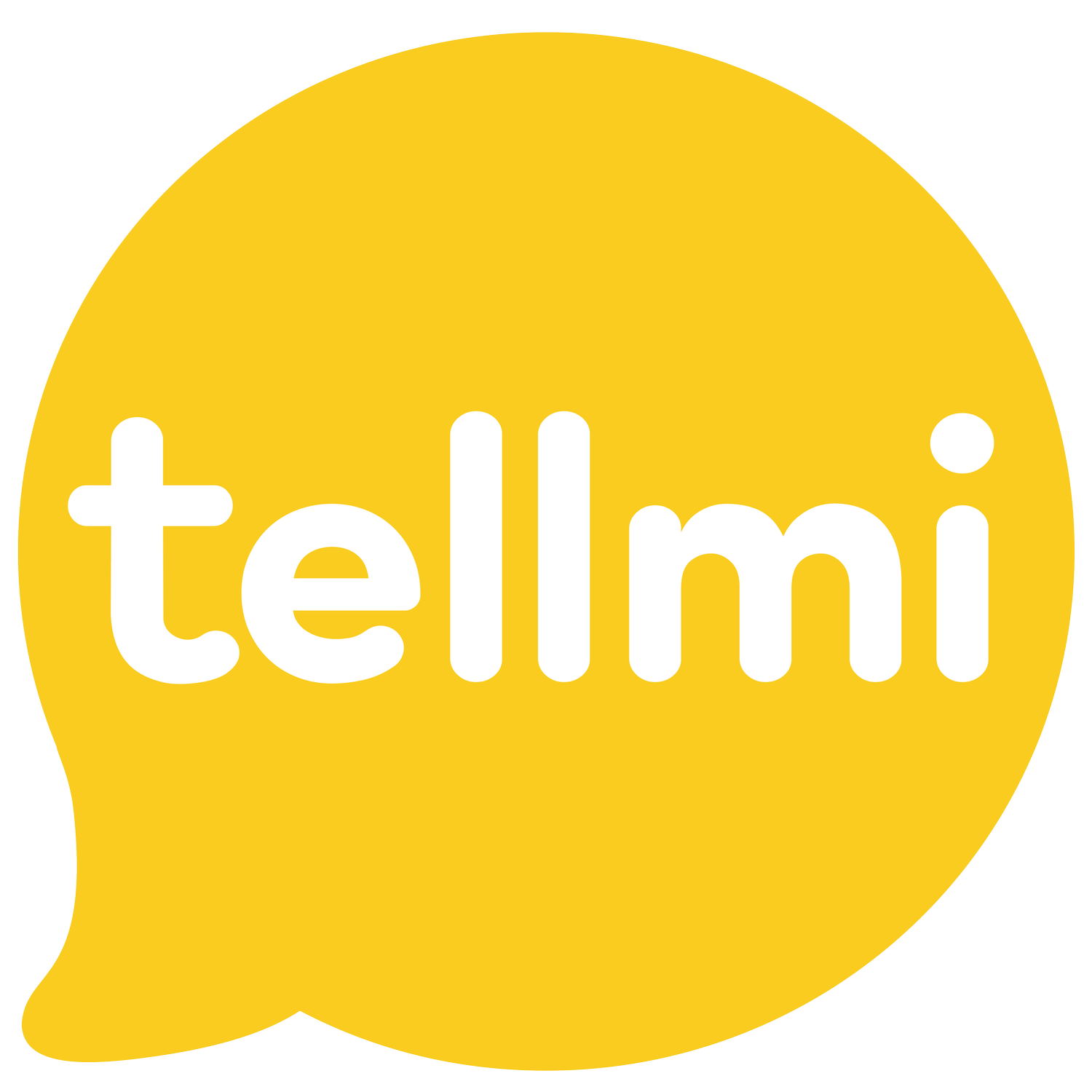How the Tellmi web app can be used to benefit PSHE lessons
Research has shown that well-designed PSHE lessons can lead to improvements in students' mental health and emotional well-being and can also be effective in reducing risky behaviours, such as alcohol and drug use, sexual risk-taking, and smoking, among adolescents. (Lammers, J., Stok, F. M., & de Vries, H. (2011). However, many teachers feel ill-equipped to teach PSHE effectively due to a lack of adequate training and support which leads to feelings of uncertainty and discomfort when addressing sensitive topics with students (Ofsted, 2013).
‘’I think PSHE lessons are good because it teaches us things we need to know that would help us in life.’’ (Aaliyah, 15 years old)
Over the summer, Tellmi hosted two work experience students and asked them about their experiences with PSHE. Both explained that although PSHE was an important component in their learning and development, they felt ‘schools often neglect this subject because they are focused on more important lessons that prepare students for big exams’ (Darren, 15 years old) or that PSHE lessons ‘always felt rushed and not thoroughly gone through’ (Aaliyah, 15 years old). This is supported by research which highlights that teachers frequently face time constraints when delivering PSHE lessons within a crowded curriculum, leaving limited time to cover essential topics (McQueen, D., & Knusel, P., 2009).
‘’Tellmi could help students to be more aware of the topics being taught and have the opportunity to interact safely with real people who go through these problems.’’ (Darren, 15 years old).
To support schools, Tellmi has created a resource that guides staff on how the Tellmi web app can support their PSHE lessons. By filtering the feed, teachers can select a range of topics that are directly aligned with the PSHE curriculum, from exam stress, to consent, bullying to sexual education. The peer support feed enables students to engage in safe discussions and ask questions that they may be too embarrassed or nervous to ask in class. The directory provides direct access to helplines, local services and websites as well as vetted apps and tools that allow students to explore PSHE topics in a safe, anonymous space.
‘’I started using Tellmi recently and I believe that adding the usage of the app to each lesson would be beneficial to schools and students. By refining the app's feed to match the topic of the lesson students would be able interact safely with people their age that go through hardships that can be hard to relate to when taught to students the traditional way.’’ (Aaliyah, 15 years old)
If you would like to find out how Tellmi can support your PSHE lessons and the wider work within schools watch and share this video: https://vimeo.com/879465253?share=copy
N.B. We have changed the names of the work experience students to protect their anonymity.
References
Lammers, J., Stok, F. M., & de Vries, H. (2011). Influencing Adolescents' Intention to Deny Alcohol to Minors: A Controlled Trial. Journal of Adolescent Health, 48(6), 635-640.]
Ofsted (2013). Not Yet Good Enough: Personal, Social, Health and Economic Education in Schools
McQueen, D., & Knusel, P. (2009). Targeted Mental Health in Schools: Overcoming Barriers to Implementation. Pastoral Care in Education, 27(1), 25-38.]


